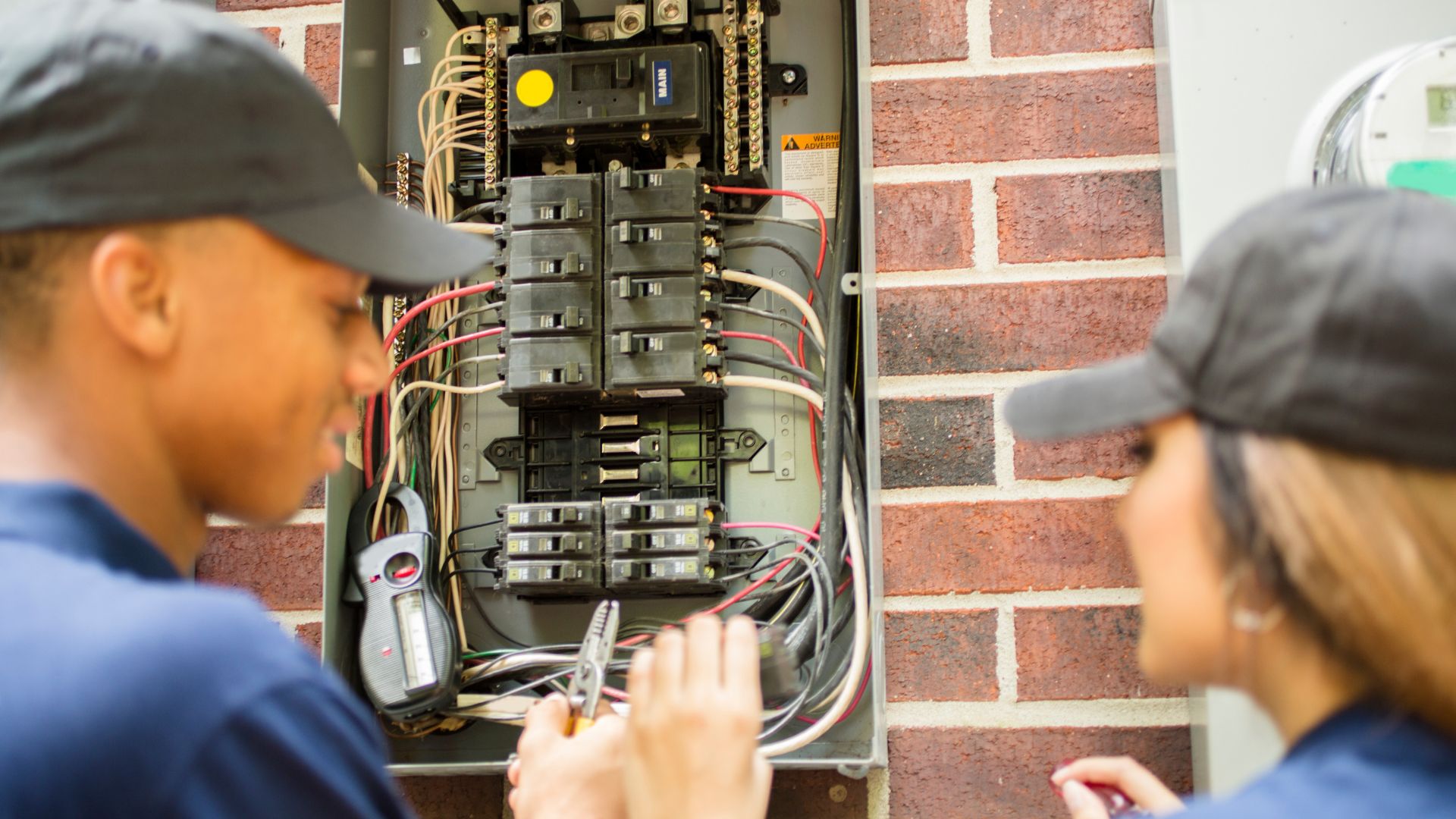Dedicated circuits are common in residential settings. People use them to run heavy-duty appliances such as freezers and dishwashers that would typically overwhelm a shared circuit. But if you don’t have any dedicated circuits in your home and would like to install one, you may wonder whether the undertaking is financially feasible. The only way to answer that question is to determine the cost of installing a dedicated circuit.
How much Does It Cost To Install A Dedicated Circuit?
- The cost of installing a 15 amp dedicated circuit ranges from $112-$244.
- The cost of installing a 20 amp dedicated circuit ranges from $114-$253.
- The cost of installing a 30 amp dedicated circuit ranges from $122-$283.
However, this price may fluctuate depending upon the labor cost, complexity setting, and the number of dedicated circuits.
Cost To Install 15 Amp Dedicated Circuit
| Dedicated Circuit Price | Labor Cost | Average Cost | |
| Max | $44 | $200 | $244 |
| Min | $12 | $100 | $112 |
Cost To Install 20 Amp Dedicated Circuit
| Dedicated Circuit Price | Labor Cost | Average Cost | |
| Max | $53 | $200 | $253 |
| Min | $14 | $100 | $114 |
Cost To Install 30 Amp Dedicated Circuit
| Dedicated Circuit Price | Labor Cost | Average Cost | |
| Max | $83 | $200 | $283 |
| Min | $22 | $100 | $122 |
You should take a moment to tally the tasks you want to perform.
- What do you want to do?
- Are you trying to install a new breaker?
- Does the project require new outlets?
- Do you want to upgrade the electrical service?
In some cases, it is not enough to install a dedicated circuit. If your current electrical service is too small to accommodate all your equipment, a dedicated circuit won’t help you.
A professional electrician will encourage you to start by upgrading the electrical service, a project The Spruce expects to cost as much as $4000 depending on the upgrade you want.
But the electrical service upgrade is the least of your worries? Have you looked at the wiring? The breaker and wiring go hand in hand. You can’t add a larger breaker without changing the wiring.
If the wiring doesn’t reflect the breaker size, it will trip incessantly, or the wires will catch fire because the breaker cannot protect them.
Therefore, you should ask a professional to inspect your home to determine whether you need to rewire the entire structure. The size of the house will shape the cost.
But you could easily spend $12,000. You have the same problem if you just added a new section to your houses, such as a basement or garage, and you want to wire it. The cost is going to skyrocket.
This is why electricians are so important. They will remind you of all the factors you need to consider before proceeding.
7 Factors To Consider While Calculating The Cost?
There is no definitive cost of installing a dedicated circuit. Various factors will influence the final figure, including:
1). The Region Where You Live
Where do you live? Some places have a higher standard of living than others. For instance, you may spend as much as $1,000 in New York but only $500 in Miami.
The standard of living in your area will influence every aspect of your life, including the cost of electrical installations.
2). Labor Cost Makes A Difference
Labor could be the most expensive item on your invoice. Some professionals will charge you hundreds of dollars because of their experience and reputation. Others are more than happy to execute the same tasks for a few dozen dollars.
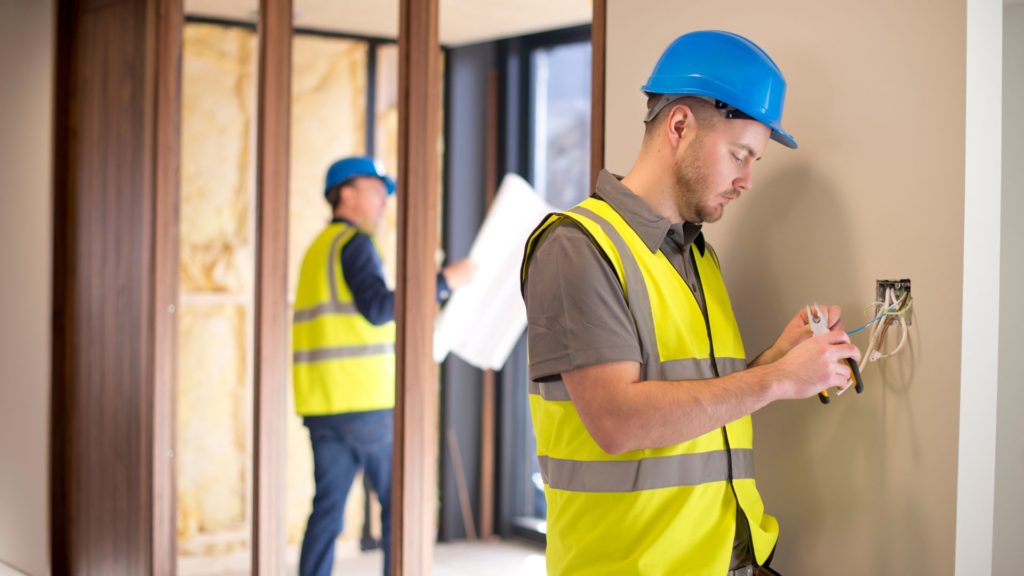
You have to negotiate. Don’t just accept the offer your electrician of choice makes. You might be surprised by the discounts you can secure by haggling.
Some contractors do not permit negotiations. Their prices are fixed. Others are more fluid. Do your research? Find professionals whose price tags fit within your budget.
3). Contractor Experience Matters
What kind of contractor do you want to hire? Individual contractors are cheaper than companies. Additionally, unlicensed electricians will cost far less than their licensed counterparts.
But you cannot trust them to execute their tasks optimally. They are more likely to make mistakes. Ultimately, you will get what you pay for.
Cheaper contractors are not always a bad thing. You have the option of hiring apprentices, journeymen, or master electricians. Unfortunately, the best contractors are also the most expensive.
4). Number Of Resources Your Are Going To Utilize Matters
What do you need? A project that requires significant wiring, multiple circuit breakers, and junction boxes will cost more money. Again, ask the contractor to inspect your home.
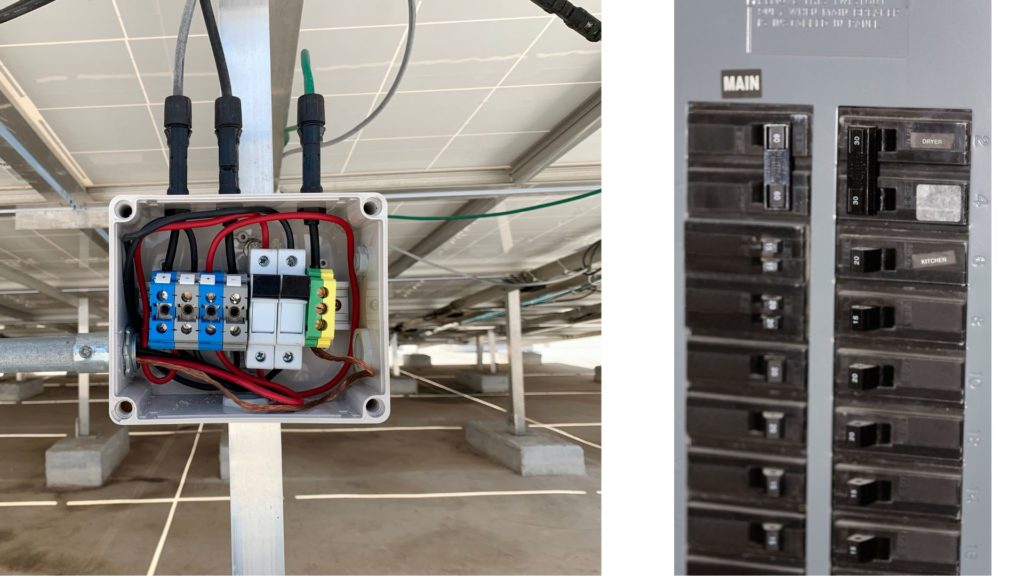
They will give you a list of everything you need. You can estimate the cost based on the materials the electrician requires to perform the installation.
5). Complexity Matters
The most complex tasks are also the most expensive. Most electricians will attach new electrical boxes, add circuit breakers, and connect the relevant wires.
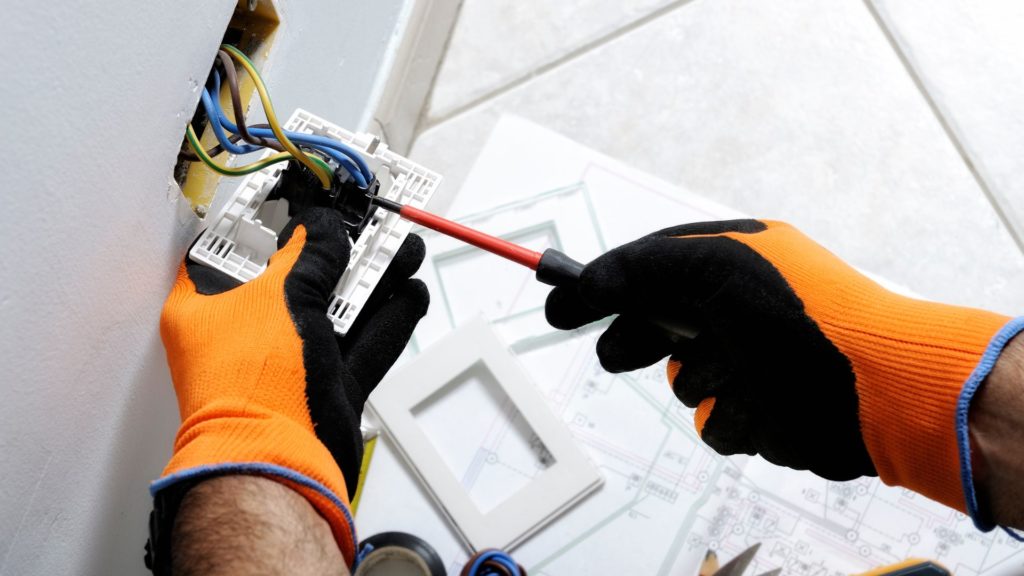
But if you expect the contractor to pull cables through several walls and ceilings because they have to rewire the entire house, the cost will skyrocket. Time-consuming projects are more expensive because they increase labor costs.
Your bill will also rise if your contractor has to hire additional help to complete the project. For instance, if the contractor has to dig through the floor to retrieve conduits and cables, you cannot expect them to perform this task alone. They will bill you accordingly.
6). Who Will Do The Work Makes A Difference
Who will do the work? Yes, most professionals will encourage you to hire an expert because it is the safer option. But many consumers prefer to tackle their own installations because it allows them to save hundreds of dollars.
Naturally, this practice is dangerous. You should leave electrical work in the hands of a professional. Otherwise, you risk electrocuting yourself. But no one would blame you for choosing to install the dedicated circuit yourself, especially if you don’t have the money to hire an expert.
7). Permits Makes A Difference
Don’t be so quick to assume that you can install the dedicated circuit yourself. Some regions require homeowners to secure a permit before performing electrical installations, and they will only offer those permits to a licensed electrician.
In other cases, permits are expensive, and you must add them to the project’s overall cost.
8). Dedicated Circuit Price Makes A Difference
The price matters because it will determine whether or not you can install the dedicated circuit in the first place. If you don’t have the money to cover the cost of the dedicated circuit, you won’t install it.
Financial limitations may also force you to settle for a smaller breaker size and electrical service.
9). Dedicated Circuit Size (15 Amp VS 20 Amp) Make A Difference
There is a difference in cost between 15A and 20A circuits. But that difference is too small to matter. The wire size may give your contractor pause because 20A circuits require wires of a greater gauge than 15A circuits, and large gauges have steeper price tags.
But for the most part, the difference in cost between 15A and 20A circuits is unlikely to affect your decision.
10). The Location (Bathroom, Garage, Basement, Kitchen) Makes A Difference
The location makes a difference because it determines whether or not you need to install GFCI technology. For instance, bathrooms, kitchens, and garages require GFCI technology.
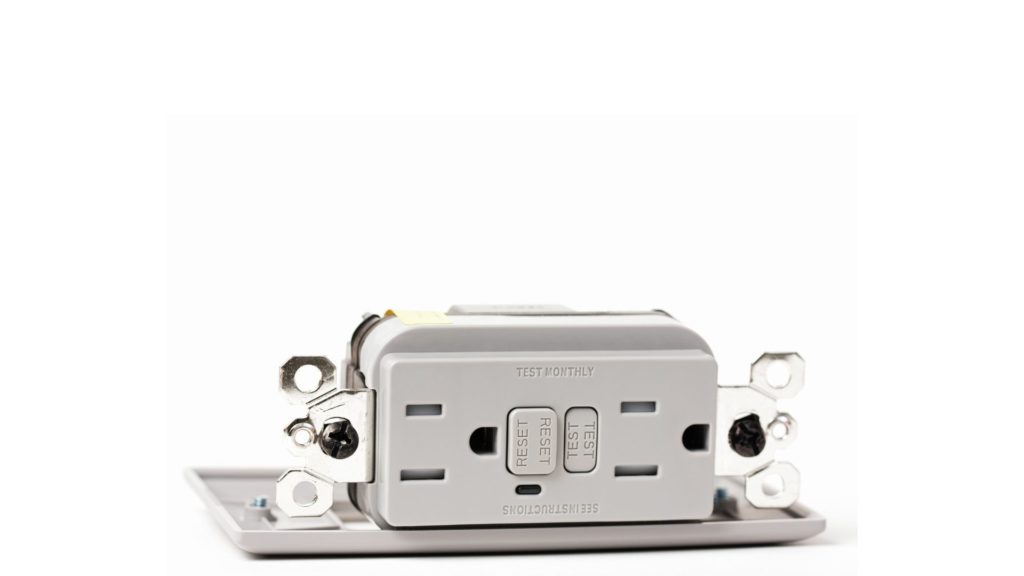
Your local code may demand AFCI technology. The location can also affect the complexity of the task. For instance, a new basement may present a challenge because you must extend the wiring to the new room.
Safety Tips While Installing Dedicated Circuit
Dedicated circuits are essential. They prevent fires and electrocution by ensuring that heavy-duty items don’t have to share a circuit with other devices and appliances.
However, electrical installations are dangerous because they expose homeowners to fire and electrocution hazards. You should hire a licensed contractor. Let them install the dedicated circuit. But if you’re determined to do this work yourself, try to keep the following safety tips in mind:
1). First of all, you should always cut the power before you do anything else. Things can quickly go wrong during the installation process. Mistakes are less likely to lead to death if the power is off.
2). This goes without saying. Keep the work area dry. Don’t add water to your equipment. Everyone knows that water has enough conductivity to kill careless consumers
3). Inspect the wires carefully. Avoid frayed cables. Breaks, tears, and burn marks are signs of trouble. The last thing you want is to perform installations using lines with exposed conductors.
4). Use the right equipment. Professional electricians understand the importance of using insulated tools, but a layperson is more likely to forget. Even if you disconnected the power, you can’t afford to take any chances.
You need insulated gloves, mats, screwdrivers, and more. Someone could easily switch the power on while you work. Insulated tools will ensure that you’re protected at all times.
5). Along with insulated tools, you should keep some emergency equipment on hand, especially a fire extinguisher. Avoid water. Water and electricity do not mix. Water is not a good solution to an electrical fire because you may electrocute the people in the vicinity.
6). Test your work and take note of every suspicious occurrence. For instance, if the lights keep flickering or the breaker trips whenever you connect the appliance, something has gone wrong.
Maybe the breaker is not large enough, or you underestimated the power requirements of the appliance. You should also look for loose wiring.
Even if you’re determined to perform these installations yourself, it won’t cost much to hire an electrician to inspect the circuit once you finish. They may notice mistakes you missed.
You can also ask them to supervise every stage of the installation process. At the very least, you should ask them to recommend the appropriate insulated tools.
7). Don’t do anything without checking the electric code. This is another area where electricians will come in handy. They will ensure that your project adheres to the regulations of the local authorities.
But you can also review the local fire and electric codes by yourself. Find out what the local authorities want from you and take the appropriate action.

